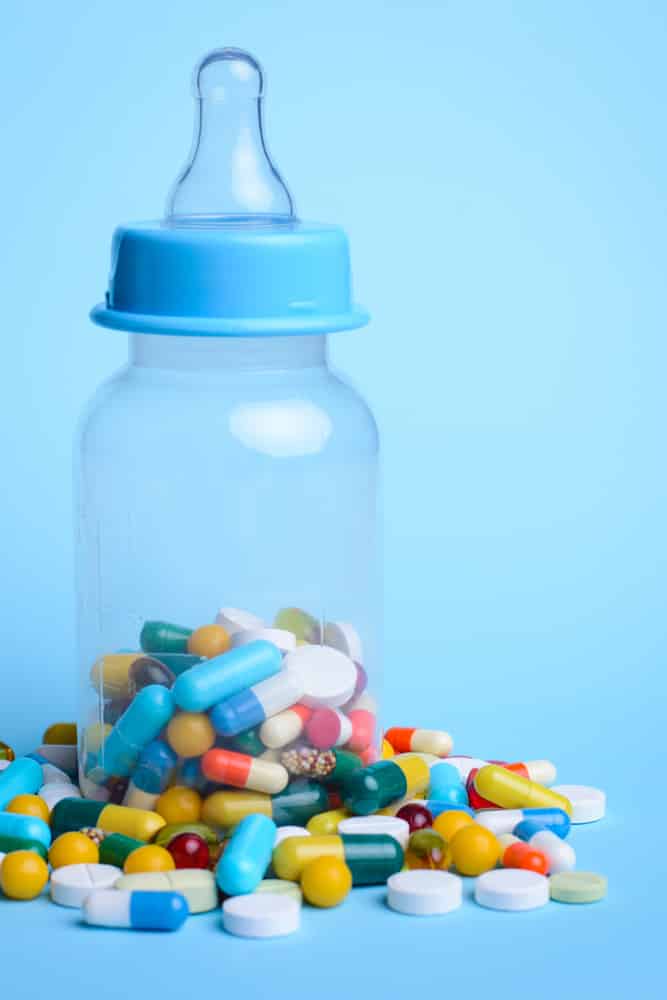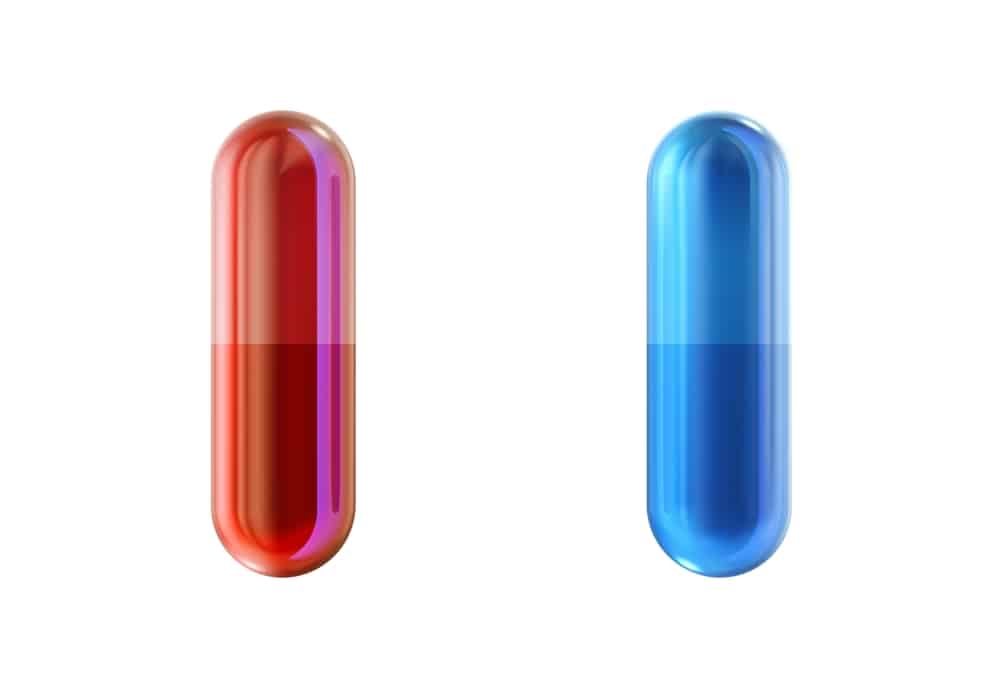Pain is really something no baby enjoys. But what do you do when your little one comes down with teething pain and you want to proffer immediate help and a solution?
Yes, the signs of teething are unique to each child. In fact, some babies grow their teeth without pain (you should be extra happy if your baby is in this category). However, if your baby is teething with some level of pain accompanying it, then there’s no cause for alarm, everything will be under control, soon.
For some parents, teething pills serve as a valid option.
What are teething pills? Should you use them when your baby comes down with teething pain? Are there side effects to the use of teething pills?
This article would answer these questions and so much more.
What are Teething Pills?
Before you decide on a teething pill for your baby, you need to know what teething pills are.
Teething pills are homeopathic preparations made from natural ingredients to help soothe your baby through the teething process. These pills dissolve in a child’s mouth once they come in contact with saliva or water. Furthermore, teething pills contain substances that help your child fight sleeplessness and ease irritability.
Most times, teething tablets do not contain synthetic dyes, colors, or artificial flavorings. They also do not contain any over-the-counter (OTC) medicines such as aspirin or acetaminophen (paracetamol).
At this point, you’re most likely wondering: “what are the actual contents of these teething pills?

Some of the regular ingredients of a teething pill include:
- Coffee (coffea cruda)
- Calcium phosphate (calcarean phosphorica)
- Calcarea carbonica
- Chamomile (chamomilla)
- Ferrum phosphoricum
Are Teething Pills safe for babies?
Now that you know the ingredients contained in teething pills, the next factor to consider is your baby’s safety.

At the moment, the FDA (Food and Drug Administration) has not approved any teething pill for babies. This is due to the following facts:
Firstly, some of the ingredients of teething pills are unsafe for babies. A prime example is belladonna which may cause constipation, and breathing difficulties in babies. In addition, the amount of caffeine present in these pills is slightly questionable.
Secondly, reports show a persistent increase in side effects in babies who use teething pills.
Despite the fact that some parents have reported the effectiveness of some of these teething pills, it helps to remember that a parent review is not synonymous with a medical recommendation.
Are there side effects of Teething Pills in babies?
One of the primary concerns when using any drug, and in this case, teething pills for your baby, is the possibility of side effects.
Yes, there are side effects associated with some teething pills. Did you know eruption cysts?
Thankfully, most of these side effects are minimal. In extreme cases, however, they may be lethal. Usually, the lethal effects of teething pills come with an overdose.
The side effects that may accompany the use of teething pills include:
- Excessive sleep
- Seizures
- Lethargy
- Flushed skin
- Breathing problems
- Constipation
The best practice is to watch out for these symptoms if you have already administered teething pills to your baby and go to the hospital immediately if you notice any.
How To Relieve Teething Pain
1. Use a Washcloth
This is a very effective method that offers great relief, especially when there’s a tooth popping out. However, you need to make sure the washcloth is clean and germ-free. Knowing how to brush your baby’s teeth is also of great help.

2. Try A Chewy Item
Another trick is to use a teething toy/pacifier or any other chewy item from your freezer. The coldness of these items helps to soothe your baby’s discomfort. Nevertheless, you need to make sure these toys aren’t frozen and that they do not contain any beads.
3. Give A Massage
Softly and gently massaging your baby’s gums can also help to relieve the pain. You just need to make sure that your hands are clean and that you are not exerting much pressure on your baby’s gums.
4. Be Careful with Teething Gels
The American Association of Pediatrics (AAP) does not recommend nor encourage the use of teething gels in babies. This is because once you rub them on your baby’s gum, the chances are that your baby will drool so much and the medication is washed off. They also warn that these medications can numb the back of the throat and make it difficult for your baby to swallow.
If you are not satisfied with these options, you can give your baby a prescribed painkiller like ibuprofen after consulting with your pediatrician.
An Extra Tip
Yes, we know how overwhelming the teething journey can be for you and your little one.
We also understand that teething pills are still being produced and sold, usually without the ingredients that have been found to be a cause for side effects. If you are still considering giving your baby teething pills, you should consult your baby’s pediatrician before doing so.
Finally, you also need to relax!
Although your baby’s condition may get you really worked up, it helps to remember that this pain has not come to stay. In a short while, your baby will be completely free of pain, with his/her new set of white, sparkling teeth.
References
Meer, Zakirulla & Meer, Allahbaksh. (2011). Teething trouble and its management in children. Int J Dent Clin. 3.

